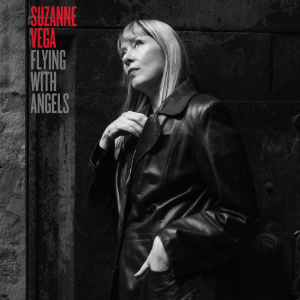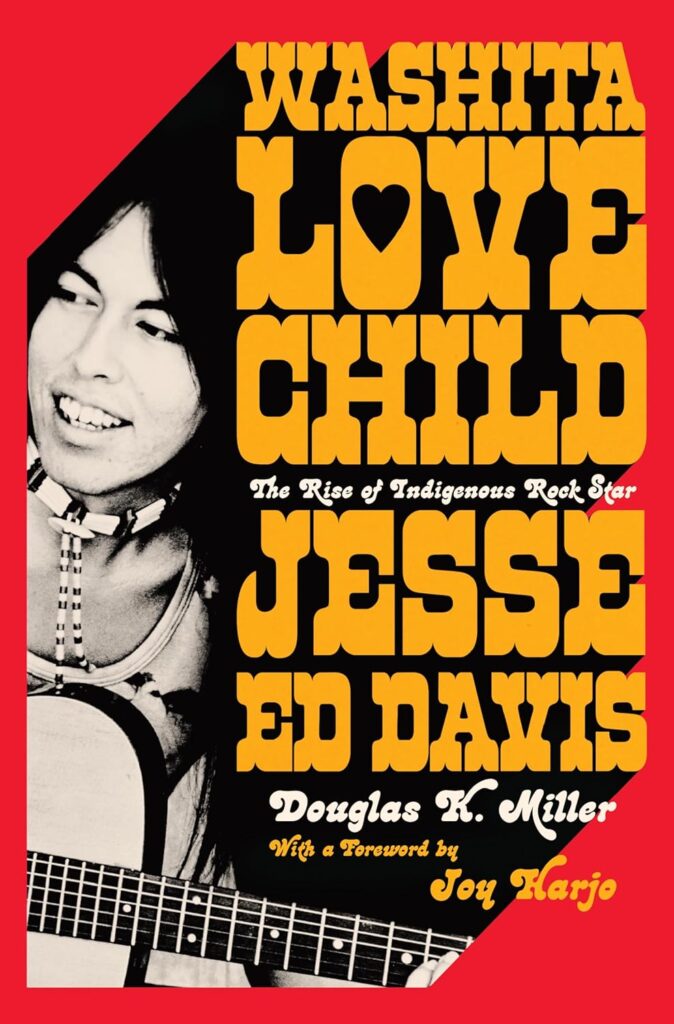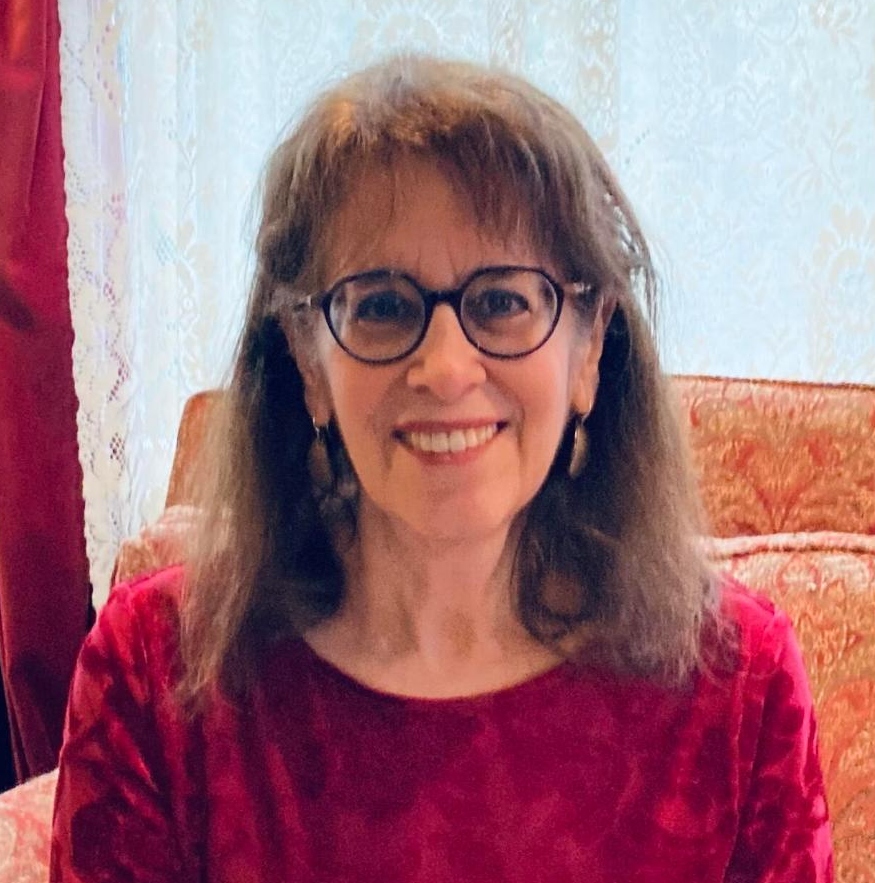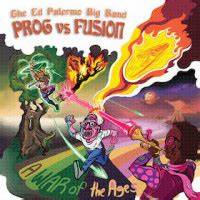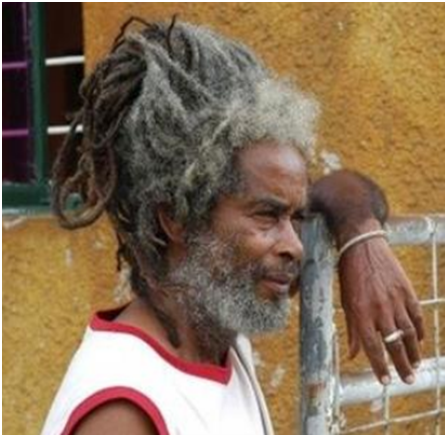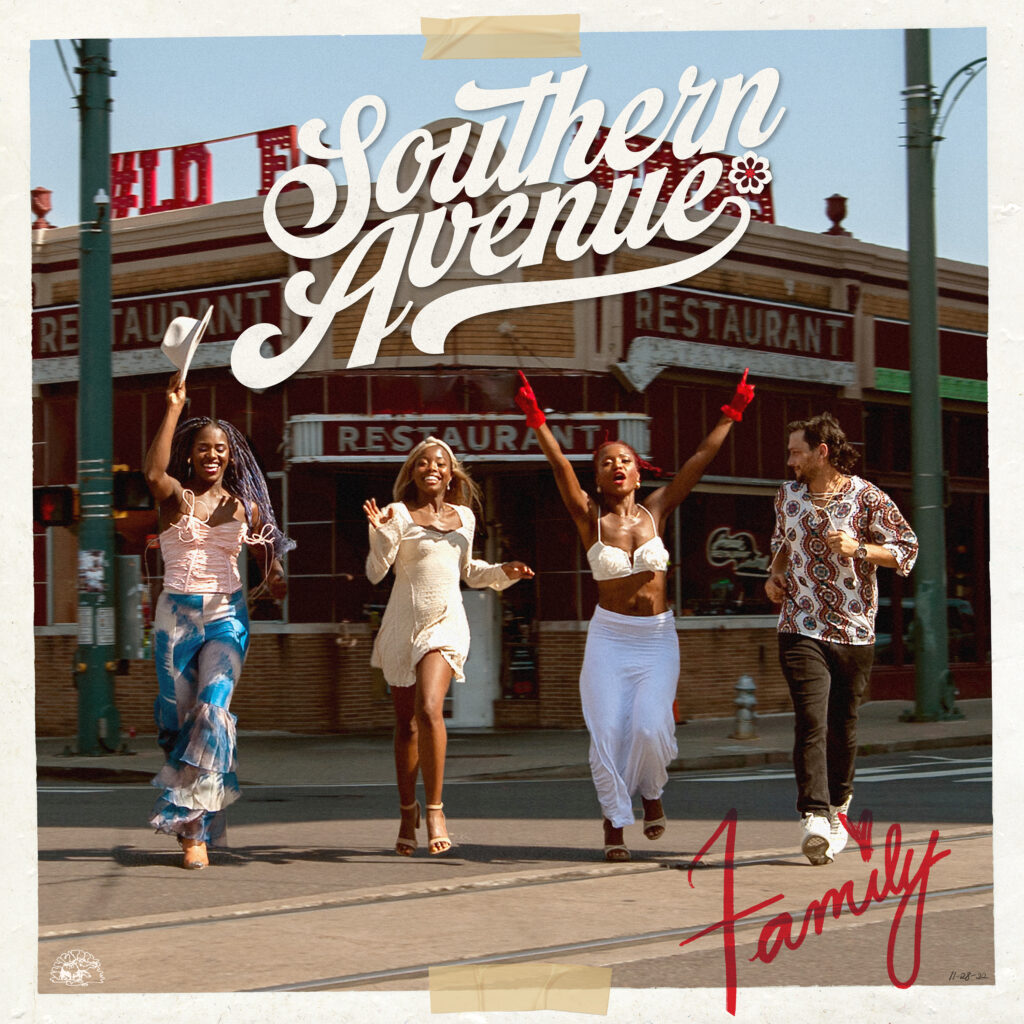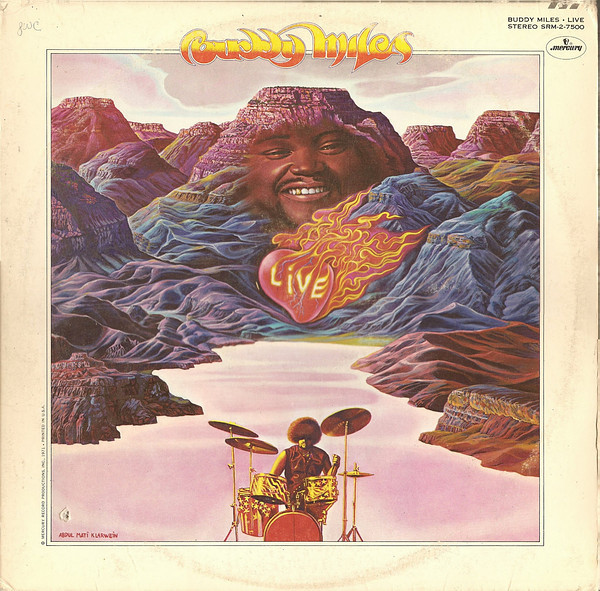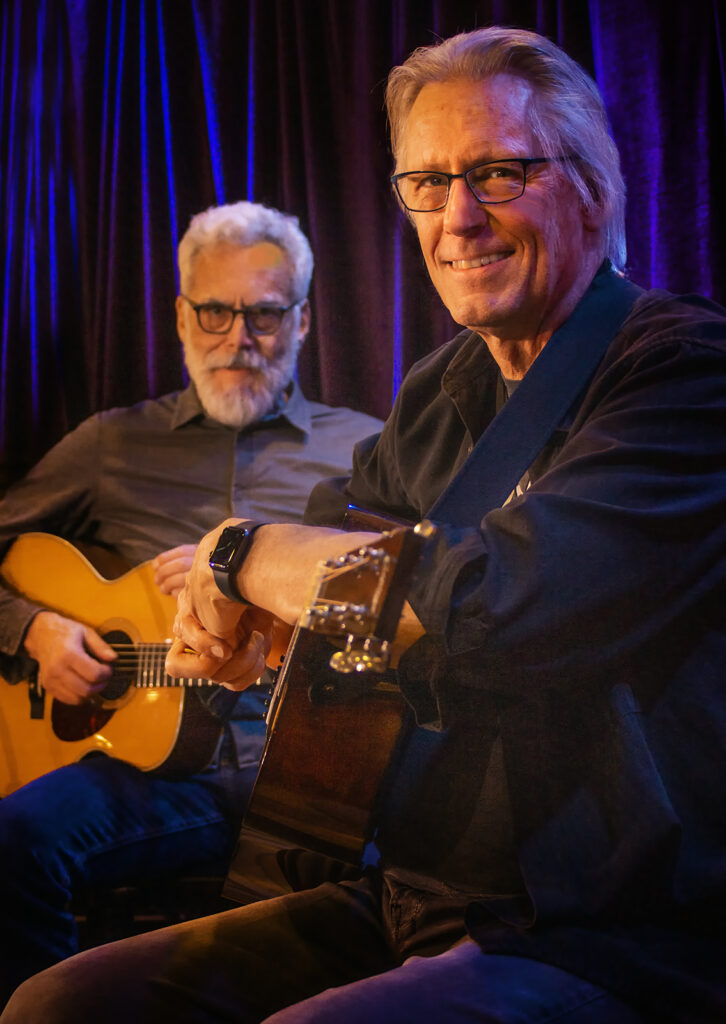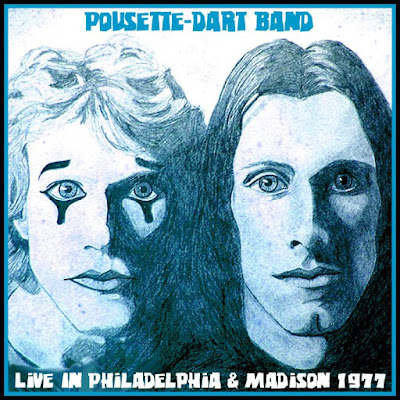The May 31 edition of Greasy Tracks featured a five-and-a-half-hour career overview on Jesse Ed Davis, including an interview with author Douglas Miller who discussed his recently published, Washita Love Child: The Rise of Indigenous Rock Star Jesse Ed Davis (Liveright).
The program caps a month-long celebration of 30 years of Greasy Tracks at WRTC. Here’s the archive, while a playlist is here.
In addition to going deep into Davis’ extensive catalog, there were interviews with those who knew and worked with the gifted, yet enigmatic guitarist, including Jim Keltner, Gary Mallaber, Ben Sidran, John Simon and Jim Waggaman.
We also played a number of tracks from the recently released, Tomorrow May Not Be Your Day: The Unissued ATCO Recordings 1970-1971 (Real Gone Music) — 17 unissued recordings from the ¡Jesse Davis! and Ululu sessions. Copies of the CD will be given away during the show.
Davis was a highly influential Native American guitarist known for his exceptional versatility and soulful playing. Born in 1944 in Norman, Okla., he was of Kiowa, Comanche and Muscogee heritage.
He rose to prominence in the late 1960s and 1970s as a sought-after session musician, contributing to albums by legendary artists such as Taj Mahal, George Harrison, John Lennon, Bob Dylan and Jackson Browne. His guitar work was marked by expressive phrasing and a deep blues sensibility, blending rock, blues, and country with fluid ease.
Davis first gained attention as a member of Mahal’s band, contributing standout guitar solos on Mahal’s self-titled debut and The Natch’l Blues. His distinctive style, emotional depth and technical skill earned him a respected place among rock’s elite. Despite his professional success, Davis struggled with substance abuse, which ultimately affected his career.
Later in life, collaborating with John Trudell, he became involved in efforts to support Native American rights and music, helping to inspire a new generation of Indigenous musicians.
Davis died in 1988 at the age of 43, but his legacy endures through the timeless recordings he left behind and his influence on countless guitarists who followed.
